Should you open windows in winter? Air quality experts warn it's a vital winter maintenance task you should never skip
Opening windows isn't just for the summer


You'll be forgiven for thinking opening windows regularly is better reserved for when it's bright, warm and sunny outside. But did you know it is just as beneficial in winter, too?
Air quality experts say knowing how often you should open windows in winter can help solve several common winter household complaints, including mold and musty smells, as well as combating condensation build up.
Here, they break down why you should open windows in winter to improve air quality indoors, and how to do it without freezing or sending your energy bills rocketing.
Should you open windows in winter?
Yes, you should. Not only does opening windows in winter reduce condensation, but it can drastically improve the quality of the air you breathe, too.
This, in turn, can improve your health by reducing CO2 levels and airborne germs, boosting your mood, and even helping you sleep better – which is one reason you should consider sleeping with your windows open in winter, too.
Jon Gilbertson, president and CEO at Chris Heating & Cooling says, 'While it’s common advice to avoid opening windows in winter to conserve heat, doing so can actually enhance your home's atmosphere.
'Consider opening windows selectively based on air quality needs, such as after cooking or cleaning, to release odors and contaminants. This approach not only supports better indoor air quality but also gives your heating system a break, as it can help regulate humidity levels, preventing the air from becoming too dry. Just remember to open windows for shorter periods to minimize heat loss.'
How to open windows without freezing in winter
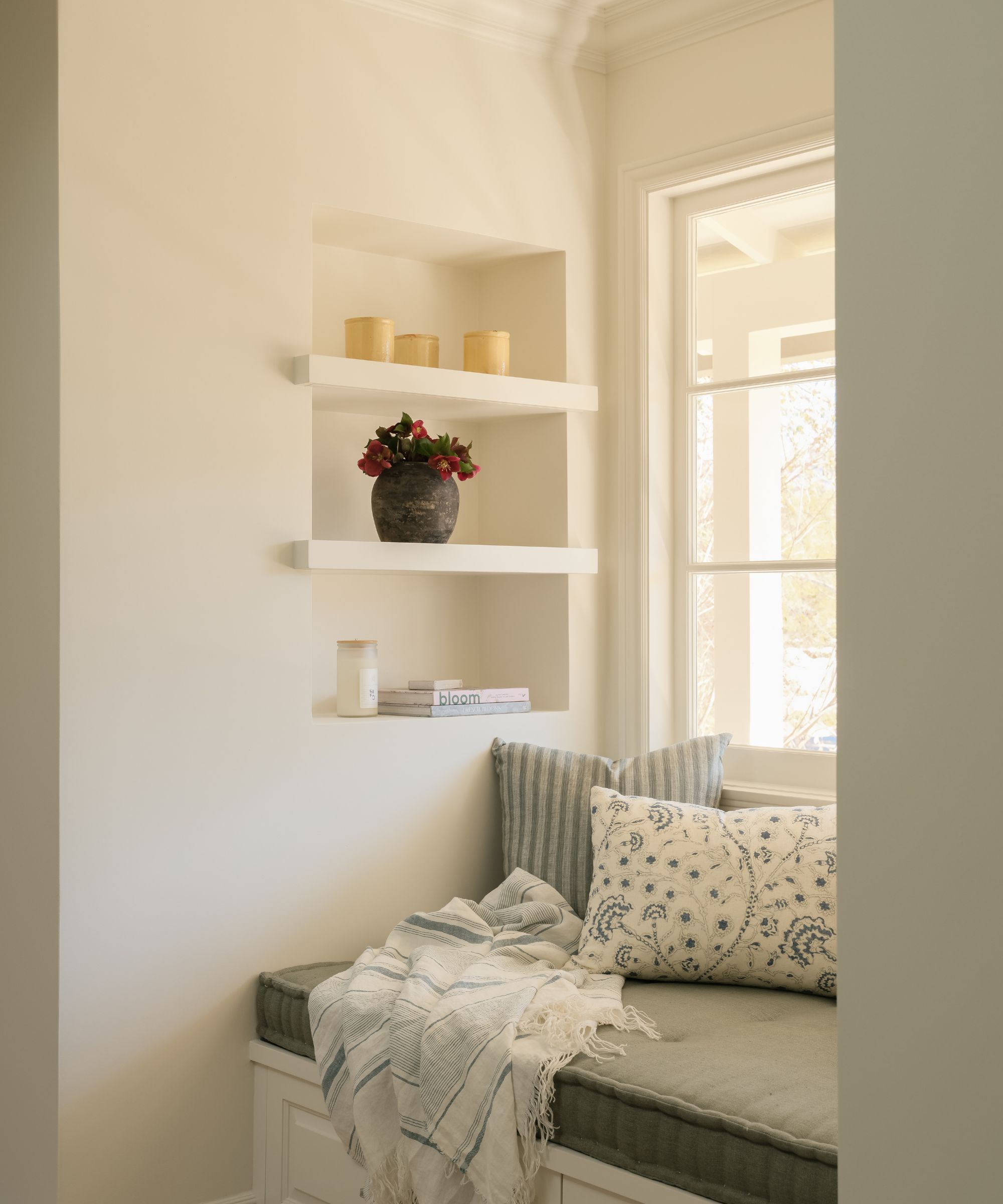
Of course, opening windows in winter is not as simple as opening them in summer. Comfort and heating considerations should be taken into account in the colder, wetter and windier months.
Leaving the windows open for too long could send your bills sky-high, and leave you shivering in your own home. To help cut energy bills and make your heating more efficient, there is a technique to follow says Max Veggeberg, CEO at Tetra.
He suggests, 'If homeowners need to open their windows to improve air quality, we recommend for no longer than a few minutes and during the warmest part (sunny afternoons ideally) of the day to reduce heat loss.'
Jon Gilbert, HVAC expert, adds, 'This is especially important in high-traffic areas [such as your bedroom] or rooms with stale air. This method allows fresh air to circulate without causing significant heat loss.'
A good approach to clear out stale air is to open windows on opposite sides of the house, creating a cross breeze that will push stale air out more quickly, reducing how long you need to leave the windows open.
Installing a smart thermostat will help you to control your heating bills, too, allowing you to easily control your heating so that it does not turn on while the windows open to make your home more energy efficient.
All prices were correct at time of publishing.
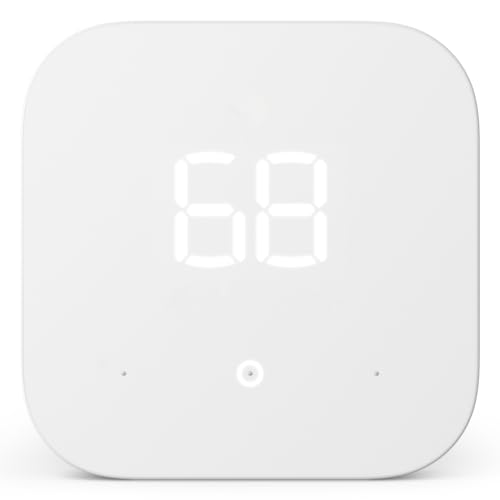
Compatible with Alexa and Ring security, this smart thermostat is perfect for integrating into existing smart home setups for ultimate control over your home heating bills
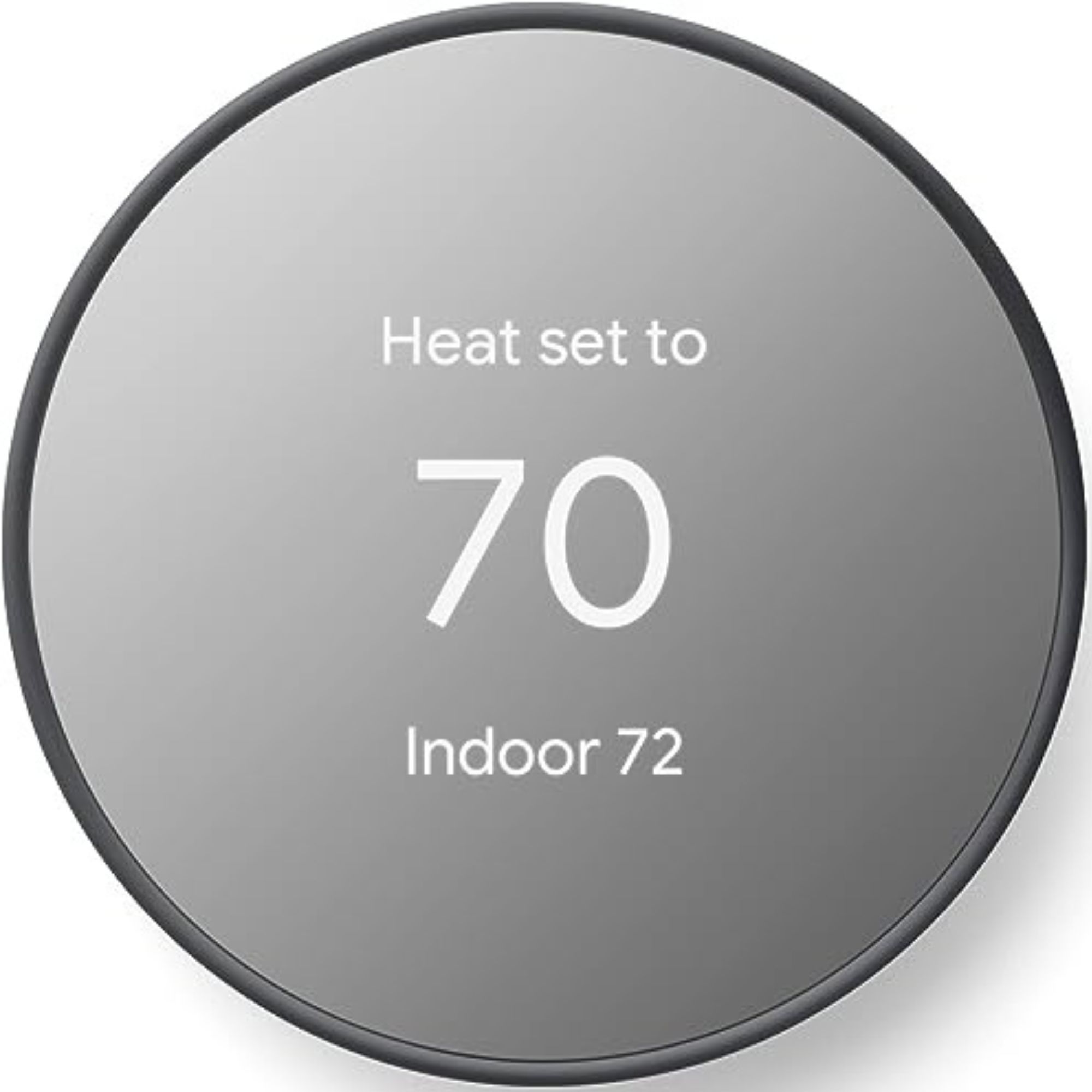
Be it winter or summer, this smart thermostat works with both heating and cooling systems to keep your home the perfect temperature year-round

With customizable routines that conserve energy this smart thermostat is a great way to stay on top of energy bills in winter
If you live in a very cold climate, or with vulnerable people such as children or the elderly, and it is not safe or convenient to open windows in the dead of winter, there are alternatives.
Jon Gilbert, HVAC expert, says homeowners can 'Install an air exchange unit designed specifically for cold climates. These systems pull in fresh air while retaining heat from the outgoing air, maintaining indoor warmth.
'Alternatively, consider using smart sensors to keep track of your indoor air quality. They automatically adjust ventilation systems and/or air purifiers based on real-time data, ensuring optimal conditions.
'Plus you can incorporate natural odor absorbers like activated charcoal or baking soda in key areas,' he adds. 'These materials can neutralize smells, such as getting rid of musty smells in a bedroom, and reduce the need for external air exchange.'
While there are ways to improve ventilation in your home in winter, there is no denying that investing in the best air purifier is your best bet. Be sure to choose the right air purifier for your home based on the size of your space for maximum efficiency.
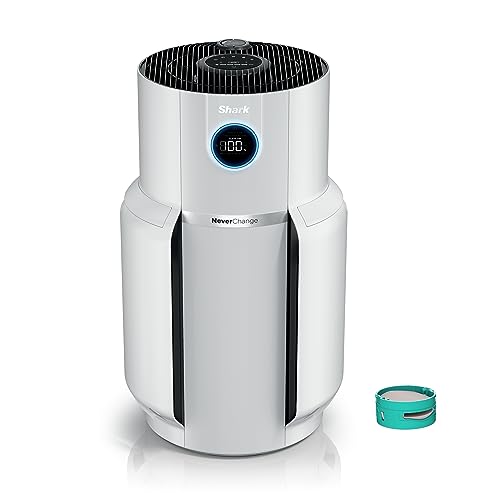
Rated H&G's best air purifier overall, the Shark NeverChange has an air filter that lasts up to five years to help you save money on filters and reduces your chores.
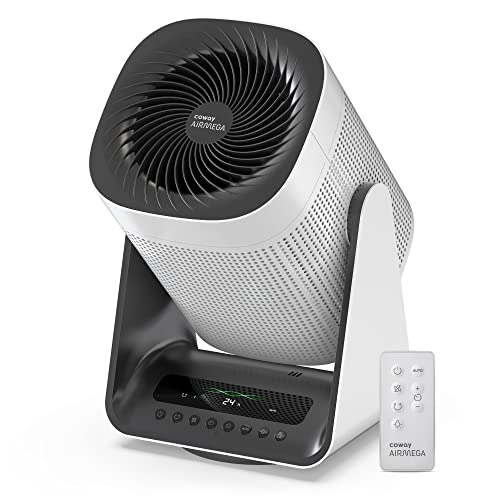
The Coway Airmega Aim packs a punch at just over $100. With a fan that rotates horizontally and tilts vertically, you can aim where you need purified air.
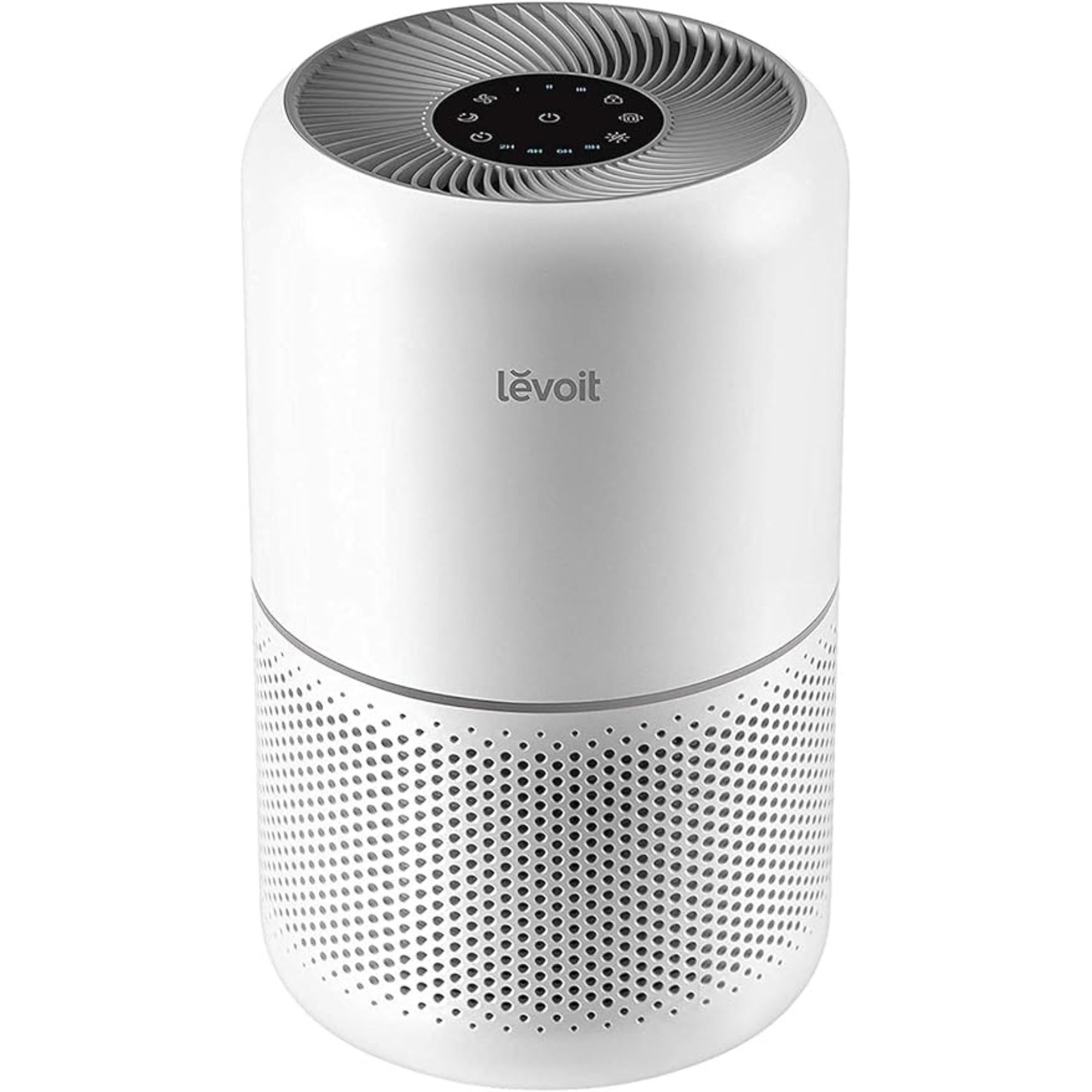
With the Levoir Core 300, you can purify a 350 sq. ft. family room in as little as 20 minutes. This machine incorporates QuietKEAP technology to minimise noise and air resistance: all that for less than $100.
Not opening your windows in winter is also a bad habit increasing the risk of mold in your home, especially at a time when they heating is on and the air inside is humid.
No matter the heating costs, opening them for just five minutes a day is more than worth the payoff.
Sign up to the Homes & Gardens newsletter
Design expertise in your inbox – from inspiring decorating ideas and beautiful celebrity homes to practical gardening advice and shopping round-ups.

Chiana has been at Homes & Gardens for two years and is our resident 'queen' of non-toxic living. She spends most of her time producing content for the Solved section of the website, helping readers get the most out of their homes through clever decluttering, cleaning, and tidying tips. She was named one of Fixr's top home improvement journalists in 2024.
-
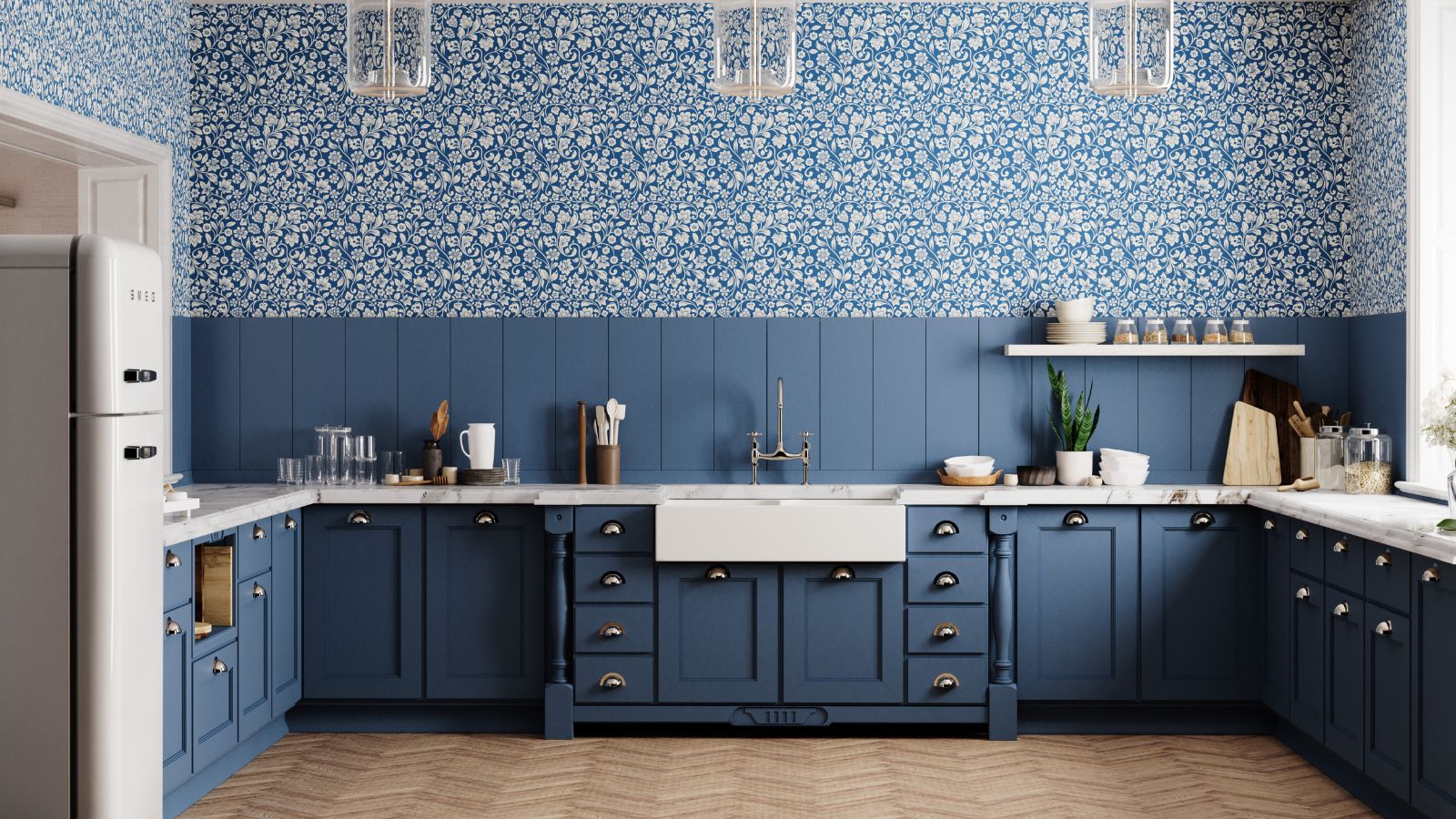 Do cleaning products expire? Professional cleaners warn time could make them ‘less effective, and in some cases, irritating to use’
Do cleaning products expire? Professional cleaners warn time could make them ‘less effective, and in some cases, irritating to use’For the best results, it pays to stay on top of the timeline of your cleaning products
By Chiana Dickson Published
-
 7 of the best tomatoes for growing in pots - expert growers pick their top varieties ideal for large harvests from containers
7 of the best tomatoes for growing in pots - expert growers pick their top varieties ideal for large harvests from containersYou can enjoy bumper homegrown harvests in small spaces
By Drew Swainston Published
-
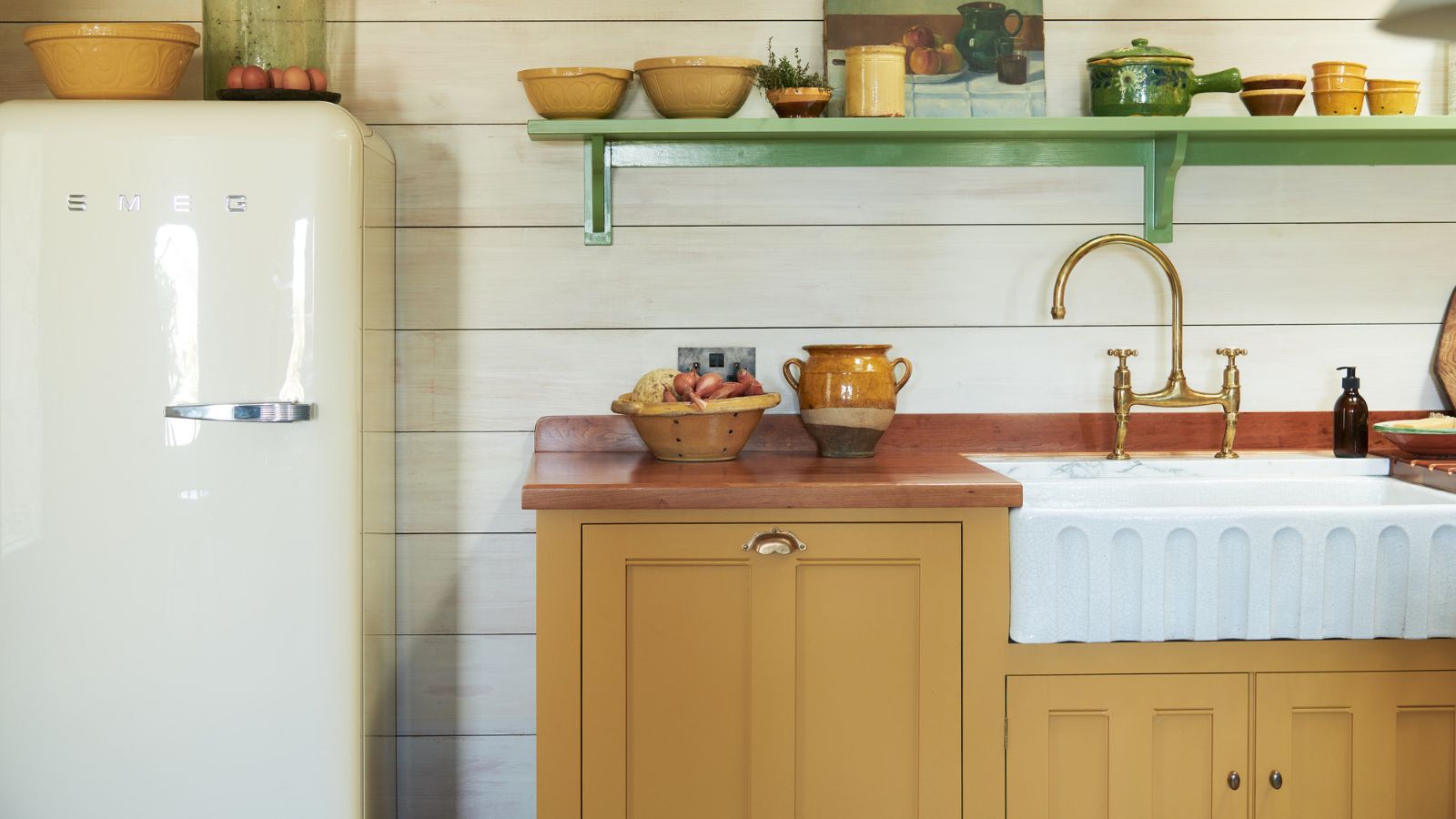 The 5 worst things you can do to your fridge – these will drive up energy costs and result in pricey and regrettable repairs
The 5 worst things you can do to your fridge – these will drive up energy costs and result in pricey and regrettable repairsIt's crucial to swerve these blunders, appliance experts warn
By Ottilie Blackhall Published
-
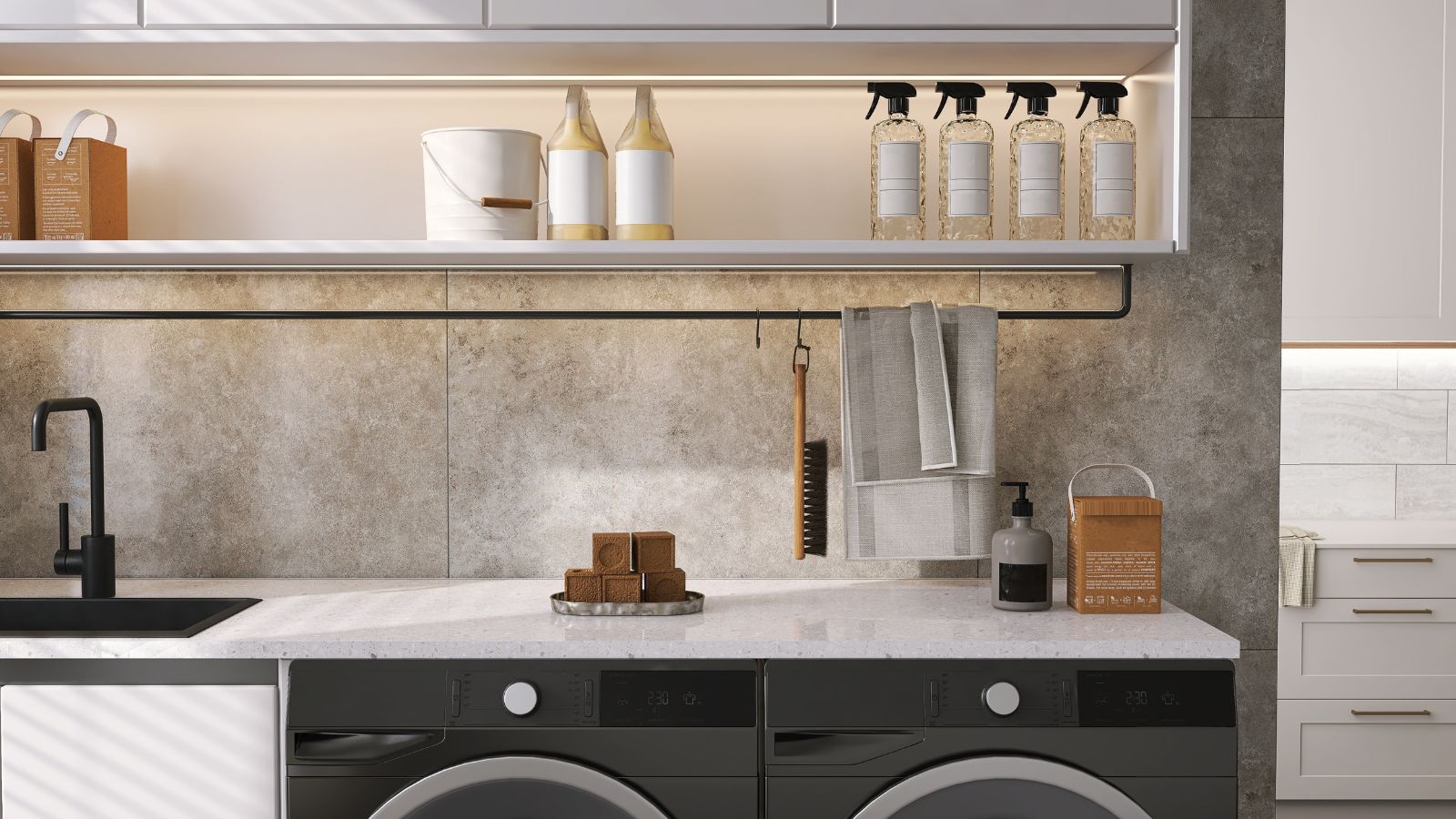 Extend the lifespan of your appliance with 5 simple but crucial washing machine maintenance tips
Extend the lifespan of your appliance with 5 simple but crucial washing machine maintenance tipsFrom cleaning the filters to keeping the door open, experts reveal the washer tips they swear by
By Andy van Terheyden Published
-
 5 vital ways a home battery backup can help with your most urgent needs in a power outage – from heating to flood prevention and calls
5 vital ways a home battery backup can help with your most urgent needs in a power outage – from heating to flood prevention and callsExperts say they're a worthy investment
By Clement Feng Published
-
 I’m an HVAC technician, and this is when I turn on my AC each year – plus 5 checks I always do beforehand
I’m an HVAC technician, and this is when I turn on my AC each year – plus 5 checks I always do beforehandSave yourself an AC hassle by running my checks and turning it on before big heat hits
By Josh Mitchell Published
-
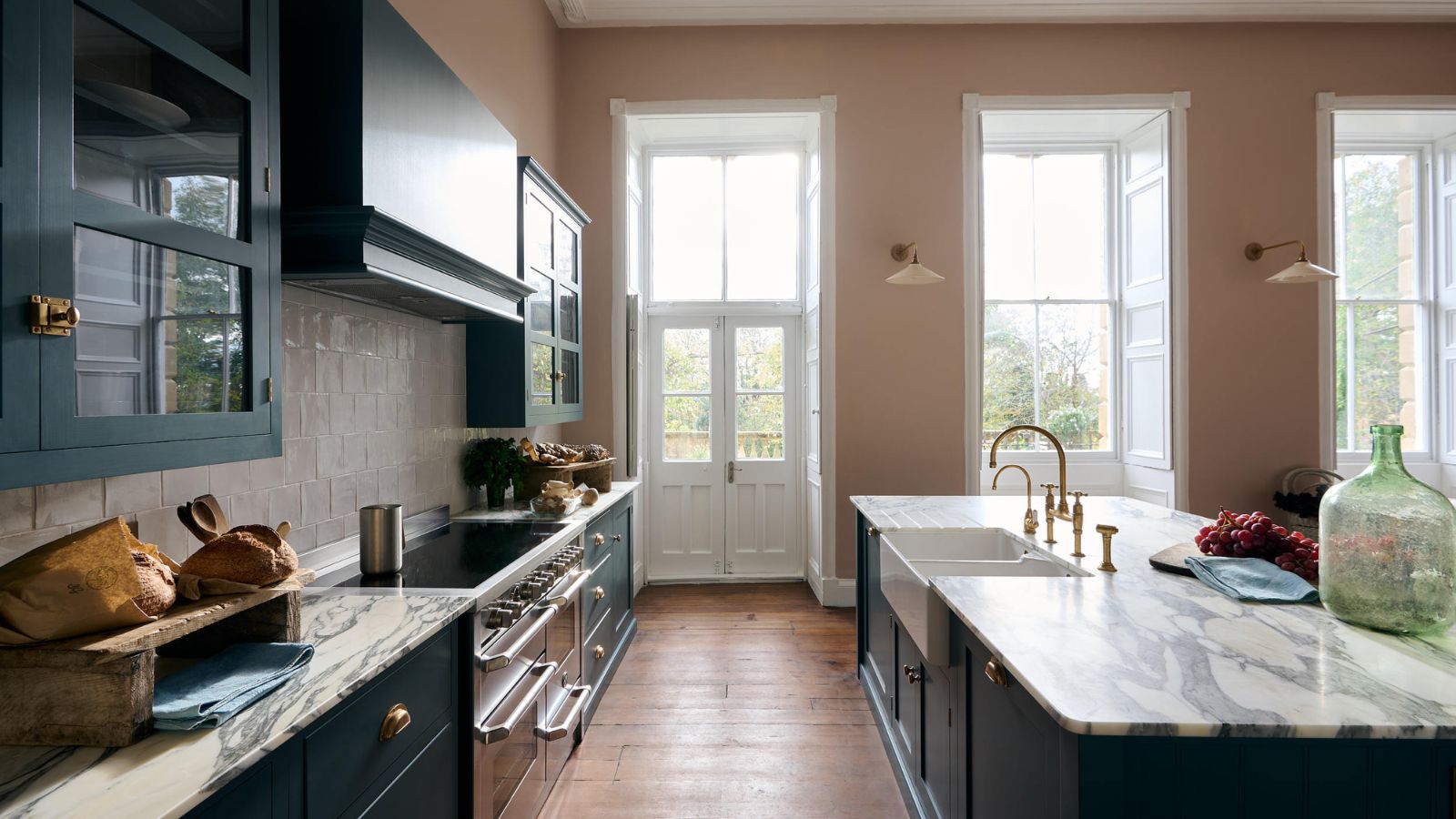 6 things you should never throw in the trash – and what to do for safe disposal instead
6 things you should never throw in the trash – and what to do for safe disposal insteadFrom batteries to space heaters, experts reveal what not to throw
By Andy van Terheyden Published
-
 7 spring home maintenance mistakes to never make – overlooking these now can lead to pest problems and structural damage
7 spring home maintenance mistakes to never make – overlooking these now can lead to pest problems and structural damageHome improvement pros share common mistakes and what to do instead
By Eve Smallman Published
-
 10 common but little-known HOA fines to watch out for – and how to avoid them
10 common but little-known HOA fines to watch out for – and how to avoid themFrom sprinklers to garage doors and external pipes, your HOA contract may leave you open to a fine
By Eve Smallman Published
-
 I’m a homes editor and these are the 4 vital storage items I’m 'adding to cart' this spring – and why you should too
I’m a homes editor and these are the 4 vital storage items I’m 'adding to cart' this spring – and why you should tooI've learned a few hard lessons in recent weeks and these storage solutions will help
By Punteha van Terheyden Published